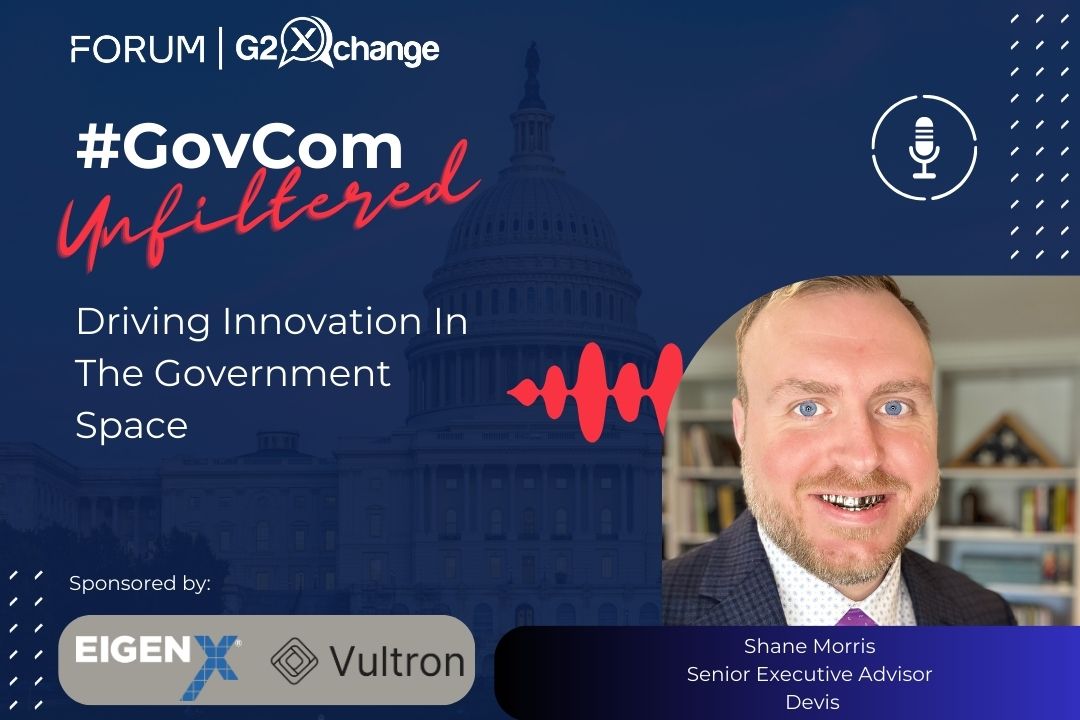Industry Migration – Vendor Roles in Bringing DHS in to the Healthcare Fold
Industry can play an important role in showing how DHS can perform its healthcare missions better, rather than waiting for the customer to act first. Healthcare vendors that play a prominent role at key healthcare agencies like CMS and CDC should consider what solutions they could bring to this new customer.
[su_pullquote align=”right”][su_quote]Contractors can ease the burden on the federal agencies and become involved with DHS by offering their services in identity management, continuity of care, and direct medical care.[/su_quote][/su_pullquote]
As an example, CBP, in tandem with HHS, is responsible for providing shelter and medical care to those it detains. The current political environment surrounding immigration, combined with the unprecedented numbers of immigrants crossing the border, has created a state of affairs that threatens to overwhelm CBP, HHS, and the non-profits promising care for those who enter the US illegally, often under duress. In 2013, DHS apprehended 662,000 people illegally entering the US. Contractors can ease the burden on the federal agencies and become involved with DHS by offering their services in identity management, continuity of care, and direct medical care. Specifically, continuity of care is a major challenge for DHS agencies as the people it cares for, whether immigrants or human trafficking victims at the borders or survivors of a disaster being served by FEMA, are often rapidly moved out of DHS’ jurisdiction even as their records are still being processed. In some cases their care is taken over by another agency like HHS and the records need to be moved within the government. In other cases, patients who require more immediate attention are transported to nearby hospitals and enter the labyrinth of private provider networks. In either case, DHS is responsible for tracking their locations and passing on records and processing claims as quickly as possible. Health companies that specialize in business process management services and technology can find roles at DHS can improve the quality of healthcare delivery while helping the agency fulfill its core security mission.
Many federal contractors already view their health portfolios as broader than the traditional “Big 3” of HHS, VA, and Defense Health Agency—and in light of this year’s abundance of major upcoming awards, are beginning to look outside ‘traditional’ health agencies for opportunities. Pulling in the relevant missions of IRS, SSA, PBGC and others has led to bigger addressable markets and better service to these smaller but still important customers. This ‘citizen services’ approach looks at all of the ways the federal government interfaces with citizens and identifies commonalities such as call centers, web portals, mobility tools and other services that can be cross-marketed.
Industry Migration – Recommendations for Contractors
Federal information technology and services providers who operate in both the health space and homeland security space already should examine the way they are serving DHS and determine if they could be more expansive:
- Move responsibility for business development in the non-security missions of DHS into a broader “citizen services” organization to benefit from cross-selling
- Seek opportunities on existing contracts to facilitate communication and information sharing between DHS and HHS clients. Ask your account leads what would be possible if they had access to datasets from the other agency. Contractors can help the government see linkages they didn’t think possible
Providers who currently focus primarily on health customers should look for ways they could be serving DHS as well:
- Analyze and understand the DHS mission sets and potential pain points across this disparate customer community
- Inventory and study current HHS programs and customers for relevance to the stated DHS challenges.
- Become familiar with the DHS customer and partnering landscape and make sure they are familiar with existing offerings and service gaps
During the past thirteen years, DHS’s mission has evolved to reflect today’s threats – and the challenges of tomorrow. Healthcare contractors should see this evolution as an entry point to help this critical agency with some of its most difficult missions, offering to DHS health-specific offerings proven in addressing related missions for other federal agencies.
[1] The Quadrennial Homeland Security Review, June 2014, p. 28.http://www.dhs.gov/sites/default/files/publications/2014-qhsr-final-508.pdf
About the Authors
Amy Strouse is a Principal at Avascent where she leads the health and citizen-services practice, advising on a wide range of issues faced by companies in this market, from early-stage market entry strategy development to merger and acquisition due diligence. She has deep expertise in issues of health industry transformation, including authorship of several white papers and leadership in industry organizations. Ms. Strouse’s research and advice to clients is grounded in industry-leading knowledge of healthcare industry trends and dynamics. For more information, please contact: AStrouse@avascent.com.
Rachel Meyer is an Associate at Avascent, where she leads organic and inorganic growth strategy engagements across industries, with particular expertise in health and citizen-services markets. She has supported a wide array of clients including core government service providers, commercially-oriented firms seeking to better understand the federal opportunity space, and private equity. Rachel’s functional expertise includes both tactical capture support and long-term growth strategy development. For more information, please contact: RMeyer@avascent.com.
Stephanie Stahl is an Analyst at Avascent, where she provides strategy development and market analysis to clients in government-based industries, with a focus on health and civilian service markets. In her time at Avascent Stephanie has supported a range of defense, commercial, and private equity clients in capture decisions, expansion strategies, and acquisition activities. For more information, please contact:SStahl@avascent.com.
About Avascent
Avascent is the leading strategy and management consulting firm serving clients operating in government-driven markets. Working with corporate leaders and financial investors, Avascent delivers sophisticated, fact-based solutions in the areas of strategic growth, value capture, and mergers and acquisition support. With deep sector expertise, analytically rigorous consulting methodologies, and a uniquely flexible service model, Avascent provides clients with the insights and advice they need to succeed in dynamic customer environments.












